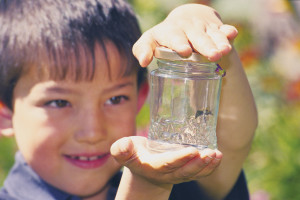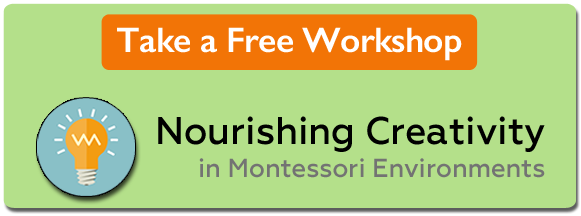
In shaping the new education, we’ll need to understand key concepts: how learning takes place, how to create a new way of assuring proficiency, how to stock each student’s box of learning tools, how to allow for deep learning time on a daily and multi-year level, as well as how to appreciate the uniqueness of each person’s strengths, weaknesses, opportunities and risks to overall development.
How do we measure success as we are juggling all these balls?
Is it by the number of diplomas we hand out?
Or is it perhaps measured by an assessment of how we’ve helped the whole person–mind, body, heart and spirit–be prepared to take on the challenge of living a life well-lived?
What do you really want for our children?
Over the past 20 years I have asked parents this question, based on the book of the same name by Dr. Wayne Dyer.
The lists we develop correspond to Dyer’s list that follows:
I want my children to have the ability to enjoy life;
To value themselves;
To be risk takers;
To be self-reliant;
To be free from stress and anxiety;
To have peaceful lives;
To celebrate their present moments;
To experience a lifetime of wellness;
To be creative;
To fulfill their higher needs and to feel a sense of purpose.
A paradox of learning and human nature is that when we focus on developing these above-mentioned qualities, academic success follows. If we focus purely on academic success through test results and grades, these qualities may never appear.
Instead we might see the opposite qualities in our children and ourselves: not enjoying life, a lack of self-worth, fear of change or rocking the boat, dependency-driven behaviors, anxiety-filled lives, violence, discontent with the present, chronic illness, boredom and feeling disconnected with life.
Perhaps we measure our educational system’s success by a decrease in the number of prison inmates, a decrease of children in our juvenile justice and foster care systems and a decrease of the number of children taking attention and stress-relieving drugs.
Learning success requires love. To learn, you have to put the positive energy of life into everything you do. Not an optimum situation? Something you really don’t want to do? Put some love into it. When we meet with learning frustration, each of us has to answer this question honestly: Did I put some love into it? Anger is easy. Love is hard.
Successful people who meet the challenges of the real world have the ability to enjoy life, to value themselves, to be risk takers, to be self-reliant, to be free from stress and anxiety, to have peaceful lives, to celebrate their present moments, to experience a lifetime of wellness, to be creative, to fulfill their higher needs and to feel a sense of purpose.
What does success look like?
It looks like people of all ages who can answer in the affirmative, that yes, they do indeed possess these 10 qualities. Or at least eight!
Our world needs people who are thinkers and problem solvers–leaders who will contribute to the progress of humanity at the individual level, the place where all learning occurs.
Education is the only way to a peaceful world. All our systems–from education, government, finance, health, transportation, farming, and more–depend on the individual to become the unique person who will live a life well-lived. That is what success looks like. It’s what we really want for our children.
This is part of a series on creating a fresh approach to teaching and learning.
Next: Human Potential Begins At Birth


Maren….living mindfully, being present and honest with ourselves, aware of our body sensations, thoughts, and feelings will allow us to recognize when we are or are not putting love and compassion into all we do and in our relationships. Because of our own patternings from birth and life experiences, this is an ongoing re-learning and re-training of our mind’s habitual thinking and automatic emotional responses. I agree that this takes effort to choose and sustain conscious awareness, but the benefits not only for ourselves but for the world are powerful!
Aurora,
Well said! Thank you.
Lovely article Maren. Thoughts as I read it included: put love in it…God is love (1 John 4:8 & 16); value ourselves…(Psalm 139:13-14) and having peaceful lives…(Philippians 4:7). Now that I am training teachers, I appreciate the importance of the spiritual preparation of the teacher and the child in the transformation of both! Thanks again for the article.
Norma,
Aloha!
Always good to hear from you.
Thanks for your affirmation that positive teaching and learning principles are universal and time honored in many cultures.
We have to keep reminding ourselves to use the tools that have been given to us.